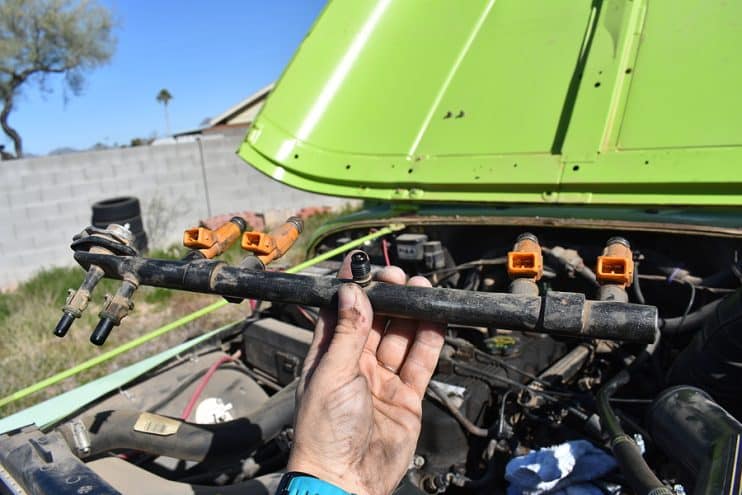
Rough idling, engine misfires, performance issues, or check engine light flashing? You could have a clogged or failing fuel injector. A dirty fuel injector can affect your car’s performance, but it doesn’t always need to be replaced. Sometimes a good cleaning can solve any issues, at least temporarily.
We’ll take you through the warning signs of a dirty fuel injector, help you to work out whether you need to clean or replace yours, and give you an idea of how much it costs to replace a fuel injector.
Continue reading
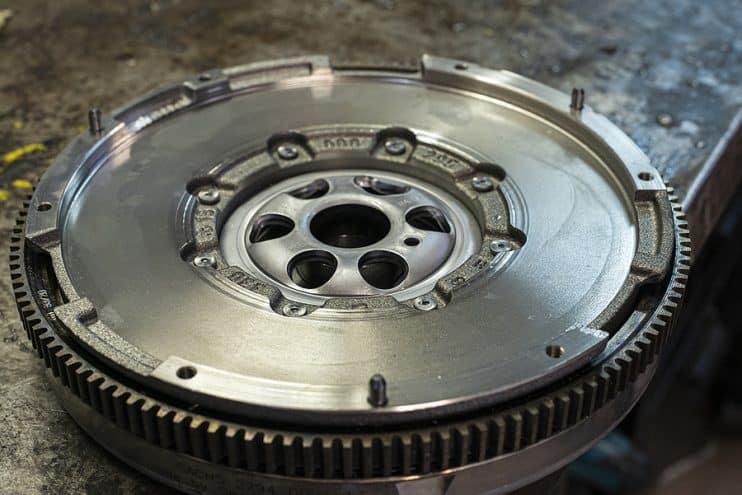
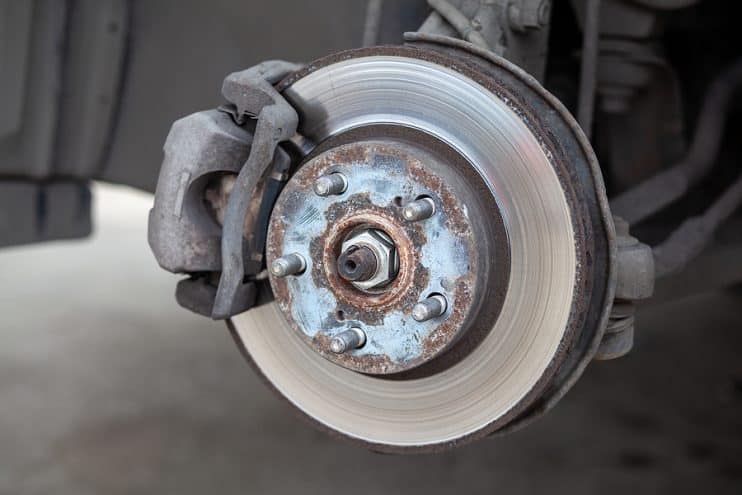
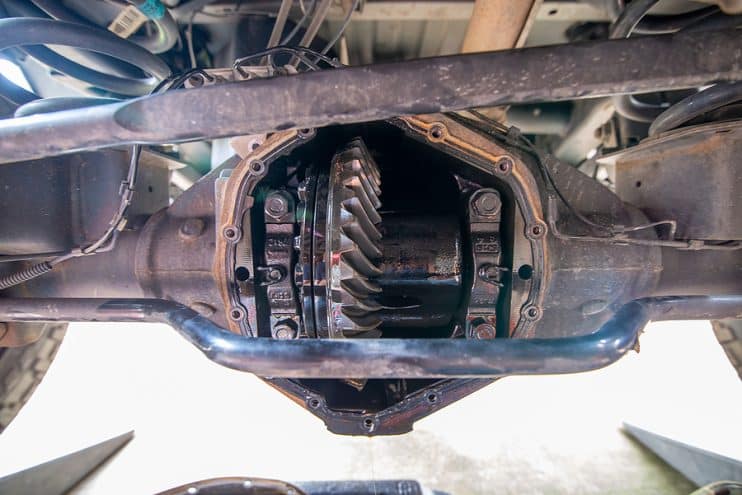
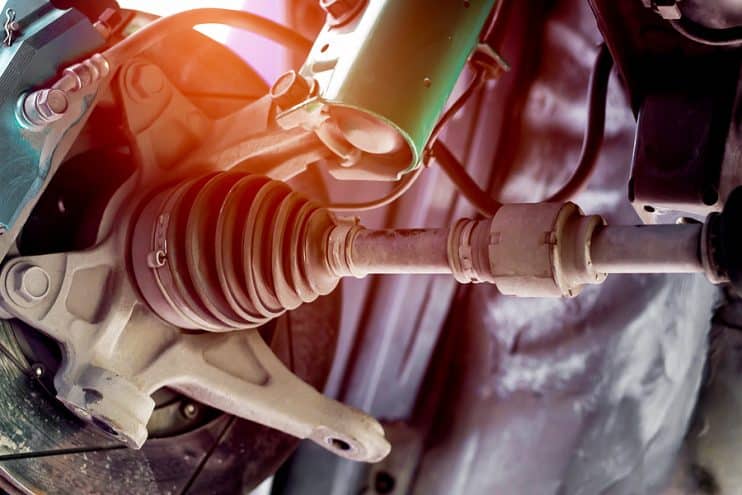
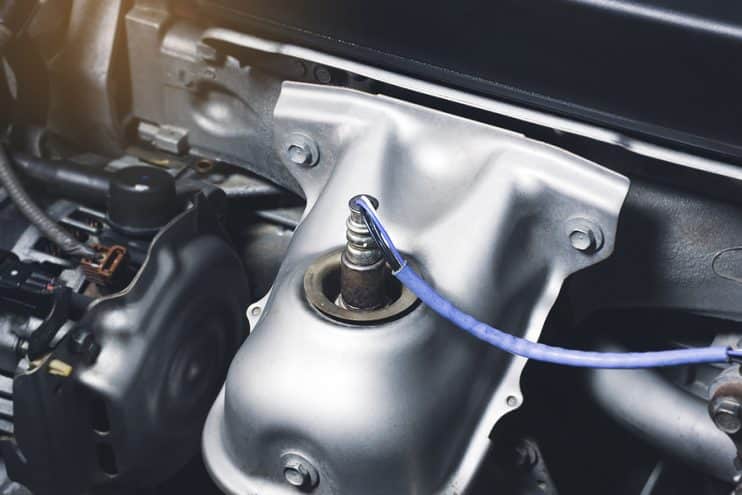
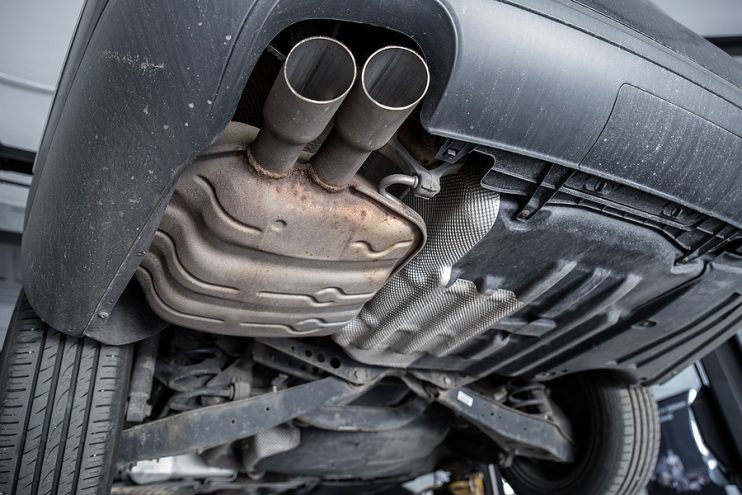
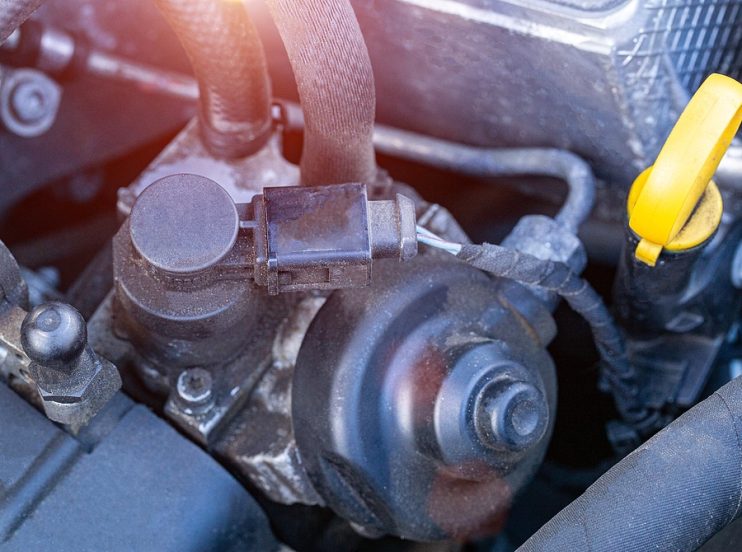
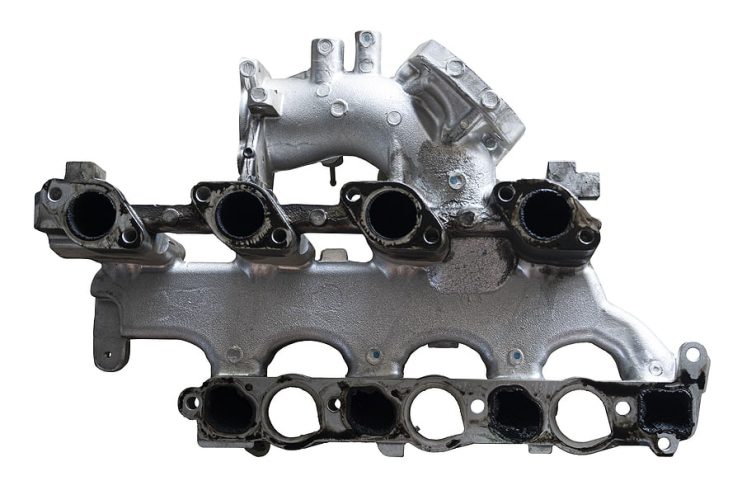
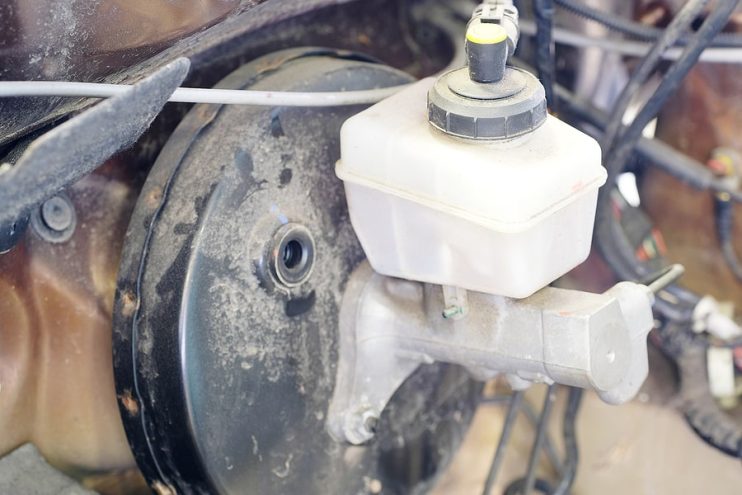
.png)